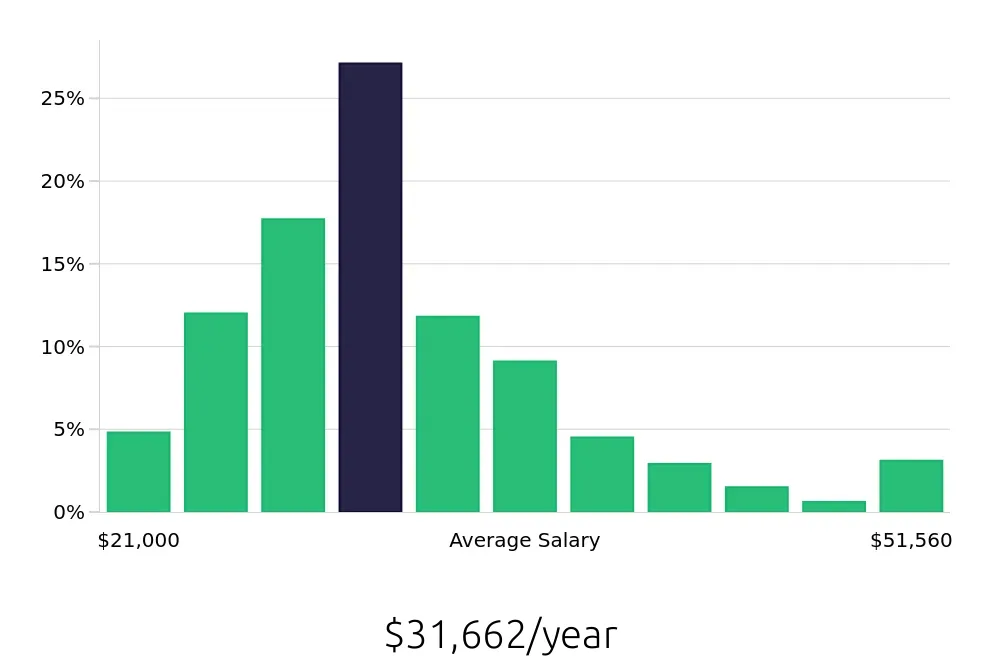Position
Overview
A Houseman works in a hospital setting, often after completing their medical degree. They provide essential medical care under supervision. Housemen learn a lot in this role. They treat patients, participate in surgeries, and consult with senior doctors. This position helps them gain experience and skills needed for future medical careers.
The duties of a Houseman vary. They may work in different departments like medicine, surgery, or pediatrics. Each department offers unique challenges and learning opportunities. Housemen see a wide range of patients, from routine cases to complex medical issues. They document patient histories, perform physical exams, and develop treatment plans. This role requires strong communication skills, as Housemen work with patients, families, and medical teams. They must stay updated with the latest medical advancements to provide the best care.
Becoming a houseman can lead to a rewarding career in the healthcare field. This role offers valuable experience and opportunities to develop essential skills. To embark on this path, follow these steps:
Success in this career involves dedication and continuous learning. Follow these steps carefully and stay focused on your goal. This career path not only offers personal fulfillment but also opens doors to various opportunities in healthcare.
Starting your career as a Houseman involves several steps and a solid commitment to medical training. This journey begins with a bachelor's degree, which usually takes four years to complete. Most aspiring doctors choose majors like biology, chemistry, or a pre-med track.
Following a bachelor’s degree, you need to attend medical school. Medical school lasts another four years. During this time, you study various medical subjects and gain hands-on experience. After medical school, the next step is residency. This phase can last three to seven years. It includes rotations in different specialties and concludes with becoming a certified doctor.
Throughout this training, you learn to handle emergencies, perform surgeries, and manage patient care. Each stage prepares you for the next, ensuring you are ready to start your career as a competent Houseman.
The Houseman will be responsible for providing medical care and support to patients under the supervision of senior medical staff. The role involves managing patient care, assisting with medical procedures, and maintaining accurate medical records. The Houseman should be capable of working in a fast-paced environment and handling emergencies with a calm and professional demeanor.
Responsibilities:
Qualifications
A Houseman plays a key role in the healthcare system. This role requires working in hospitals and dealing with a wide range of medical conditions. Housemen often work long hours, but they gain valuable experience. They see a variety of cases, which prepares them for more specialized training.
Being a Houseman offers many opportunities. Housemen learn quickly and gain practical skills. They work with experienced doctors and other healthcare professionals. This role can lead to a successful career in many medical fields. However, it also has its challenges. Housemen work long hours and may face high stress. They need to be ready for unpredictable situations. Housemen must balance their work and personal life well.
Here are some pros and cons of becoming a Houseman:
The job outlook for Houseman positions looks steady with an average of 151,700 job openings annually. According to the Bureau of Labor Statistics (BLS), the number of job openings is expected to decrease by 1.3% from 2022 to 2032. This minor decline may be due to advancements in healthcare and changing healthcare needs, but the role remains essential. This makes it a stable career path for those in the field.
With an average annual compensation of $40,460, the role of a Houseman offers a solid income. The hourly rate sits at $19.45, which is competitive for those just starting in the healthcare industry. Job seekers should find it rewarding both financially and professionally. The relatively stable outlook and decent pay make this an attractive option for many entering the healthcare sector.
This role often serves as a stepping stone for aspiring doctors and specialists. Many professionals use the experience gained as a Houseman to advance their careers in more specialized areas. For job seekers, this means not only a stable job outlook but also opportunities for future growth and advancement. Pursuing a career as a Houseman can lead to a fulfilling and progressive professional journey.
